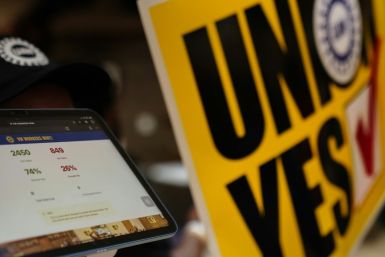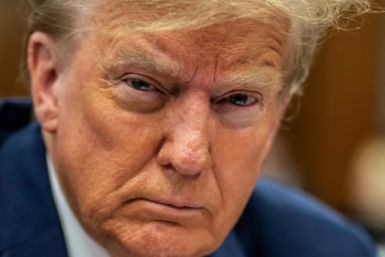The People’s Bank of China: Like a Pregnant Panda Ready to Explode
'When will America's economy finally stop limping along?' asks Steve Hargreaves for CNN Money. Next year, 2014, he says with a degree of confidence we find puzzling at best.
According to Hargreaves, 'economists foresee a convergence of several factors that could finally kick this recovery into high gear.'
Those factors include: a patchwork of federal tax hikes and so-called spending cuts, rebounding home prices adding to consumer confidence and coming clarity over how the Dodd-Frank financial reform and Obamacare laws will affect businesses.
Because as all 'economists' know...economic growth comes from the government policy first, innovators and entrepreneurs after.
For its part, Freddie Mac is forecasting mortgage rates as high as 5% by 2014. That could put a damper on consumer confidence. And the budget outlook is anything if not opaque. The impacts of Dodd-Frank and Obamacare will only become clear as each new regulation gets invented out of thin air.
But let's play along with the idea, even if only to set ourselves up for disappointment.
Steve Blitz, an economist at ITG Investment Research cited by Hargreaves, 'thinks U.S. GDP growth in the 3.5-4% range is possible...if the global economy doesn't deteriorate.' One look at China...and that's one gigantic 'if'.
The Shanghai Composite Index dropped 5.3%. Then a computer glitch made ATM withdrawals impossible at the Industrial and Commercial Bank of China.
Hmmn...why would that make anyone worry?
Things look even more yinchen when you consider the mandarin's go-to bragging-right item - regular trade surpluses - cratered toward parity in May. They may have even become deficits because of what MarketWatch's Craig Stephen calls 'the widespread practice of overstating exports.'
Overnight lending rates between China's banks have spiked up to 13%. Last week, the People's Bank of China allowed rates to rise almost 28%. Now some are crying 'credit-crunch.'
One of Beijing's mouthpieces, the Xinhua news agency, replied that 'while banks, the stock market and small and medium-sized enterprises lacked money, the broad money supply M2 had still expanded by 15.8% compared with the same period last year.'
China has been outprinting the US for five years. For all the teeth-gnashing over the Federal Reserve's $1 trillion balance sheet expansion from 2012-13. The People's Bank of China looks like a pregnant panda ready to explode; its balance sheet grew by $2 trillion - twice the rate in the same amount of time.
'China seems to do everything big,' noted our globe-trotter Chris Mayer in these pages on March 14, 2013. 'It has the largest power station in the world and the longest high-speed railway line. It also has the world's largest public bathroom (which can hold over 1,000 people) and the world's largest pyramid.
'So when it came to attempts to pull its floundering economy out of the muck, the Chinese went big. Economist Ben Simpfendorfer writes that China's total credit stimulus in the four years since 2009 was worth $11 trillion. 'Enough to buy the world's entire oil supply for three consecutive years,' Simpfendorfer writes, 'even with oil prices at above $100 a barrel.''
The bigger the bubble, the louder the pop. And a bona fide bust in China would have severe implications for the dollar and gold.
Regards,
Peter Coyne
for The Daily Reckoning Australia






